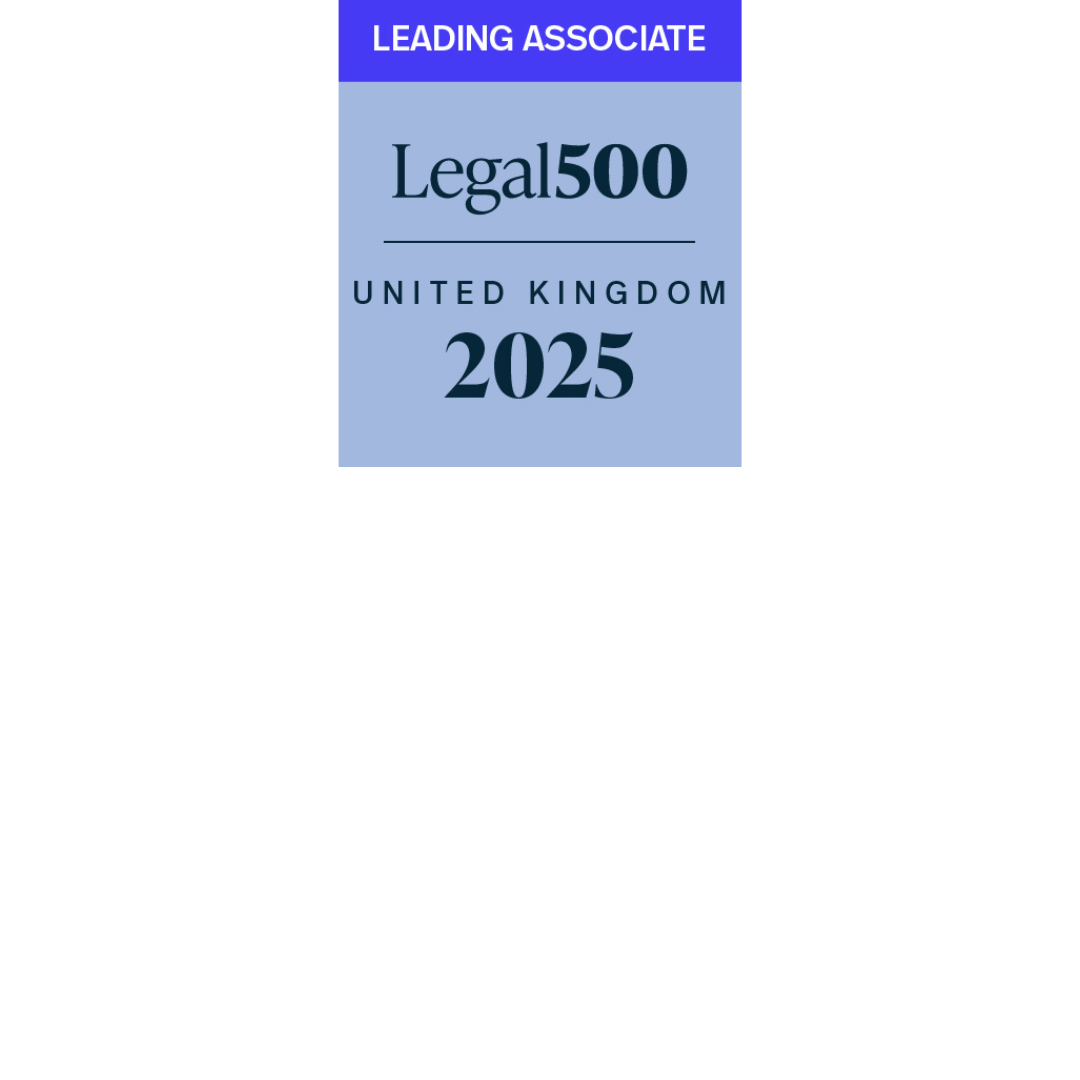
FAQs
It’s likely you’ll be able to find the answer in our FAQs which cover all of our services. You can filter questions by service area or search for a relevant word or phrase.
Unable to find an answer? Contact us on 0330 123 1229, or complete a contact form and a member of our team will be happy to help.
Dispute Resolution
I have fallen out with my business partner what should I do?
Sometimes, perhaps through nobody’s fault, business relationships reach a natural conclusion. When this happens, it is important that all parties continue to communicate effectively to ensure that the value they have created in the business is not lost.
Engaging in sensible discussions at an early stage will allow both parties to go their separate ways, whilst retaining as much value as possible in their respective businesses. Early resolution, perhaps through mediation or without prejudice discussions, can allow the business to be carefully and fairly divided up, or for one party to exit the business with an appropriate amount of compensation.
In these circumstances mediation is a particularly effective tool, allowing all parties to resolve their issues and go their separate ways without destroying the value in the business.
Dispute Resolution
How do I proceed if one of my directors is running a secret company?
Directors of companies have specific duties to the company (known as fiduciary duties), which oblige them to act in the best interests of the company, even if those interests conflict with their own personal interests.
Sometimes directors try to syphon parts of the business off into their own companies, so that they can retain the profit for themselves. If you become aware of a director doing this it is important to challenge the behaviour as soon as possible to avoid any suggestion that you have accepted it by conduct. Recovering loss for the company is more difficult than preventing it occurring in the first place. If you become aware of any activity like this, it is important to seek legal advice as soon as possible so that you can assess your options.
Generally speaking, there are far more options open to you at an early stage of a dispute than later on, when positions have become entrenched, or serious damage has already been done to the business.
Dispute Resolution
I think my business partner is using the partnership accounts wrongly, what should I do?
What each partner is entitled to do in a partnership is defined by the partnership agreement, or the conduct of the parties established over a period of time, or a combination of both.
If you have discovered that your partner is in breach of their duties under your agreement you need to act swiftly to ensure that irrecoverable damage is not caused to the business.
If, for instance, a partner is taking money from the partnership account for their own ends, as well as depriving you of the potential benefit of that money, your partner may also be failing to pay debts to your suppliers, which in turn could leave you personally liable for the debts of the business.
In these circumstances it is important to get advice quickly on your options, hopefully before any serious damage is done to the business.
HR and Employment | Employment Tribunal
I think a staff member is going to bring a claim for unfair dismissal what shall I do?
If the employee has already been dismissed, you must ensure that they have been given a right to appeal that decision. The employee will then need to commence ACAS Early Conciliation to raise their claim before issuing employment tribunal proceedings. The ACAS Early Conciliation will give you advanced warning of the claim and enables you to decide whether to offer a resolution, such as a settlement payment.
HR and Employment | Employment Tribunal
I want to discipline a staff member, what do I do?
You must ensure that you follow your own disciplinary procedure and the ACAS Code of Practice on Disciplinary and Grievance Procedures. This includes carrying out a separate investigation, inviting the employee to a disciplinary hearing, providing them in advance with details of the case against them, allowing the employee to state their own case and call witnesses or produce evidence, applying an appropriate sanction such as a disciplinary warning, and allowing the employee an opportunity of appeal against the decision taken. The employee also has the right to be accompanied by a work colleague or trade union official at disciplinary and grievance meetings.
HR and Employment
Are employment solicitors and HR consultants the same?
Employment solicitors will normally represent and advise clients in relation to contentious legal issues, whereas HR consultants will normally provide a hands-on service, for example sitting in disciplinary and grievance meetings to advice.
HR and Employment | Settlement Agreement
Should an employer use a solicitor to draw up a settlement agreement?
Settlement agreements can be complex. It is important that the agreement properly deals with the settlement of claims, applies the tax rules correctly, and sets out obligations regarding the employee’s post employment restrictions and confidentiality. As a settlement agreement is a legal document, it is advisable to instruct solicitors to draft an agreement appropriate to the employer’s requirements.
HR and Employment | Settlement Agreement
Does an employee need a solicitor for a settlement agreement?
Settlement agreements are used to resolve disputes between employees and employers, normally at the end of the employment. The law surrounding settlement agreements requires that employees must have independent legal advice in order for a settlement agreement to be binding. It is customary for the employer to pay a contribution towards the employee’s legal costs in taking advice on the settlement agreement.
















